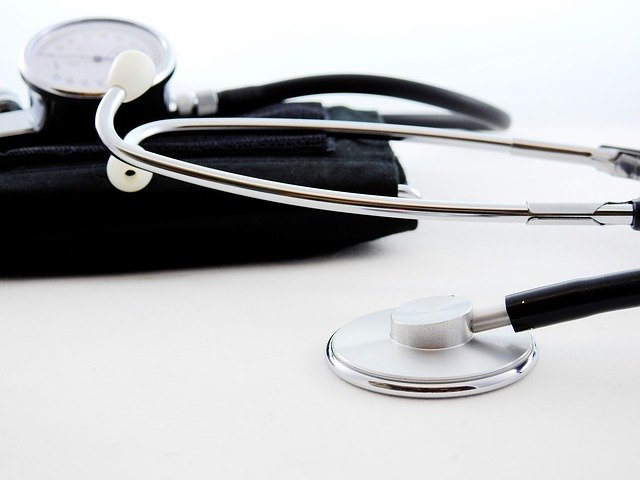
The ideas and methodologies that science has introduced, making the impossible possible, are what many people look forward to as we consider what will happen in the future. Science is able to move us forward very rapidly, and that is why we must take a step back and consider the five definitive ways that the transformation of global health is happening in conjunction with the Global Health Technologies Coalition. You may be interested in seeing IVD assay development.
- Vaccines, unique cures, and the many treatments that we have been accustomed to using have been developed by science as a way of tackling the disease. There are some vaccines that have been produced in recent decades that played a large role in dealing with antiretroviral treatments, eradicating polio, helping eliminate AIDS, and this is all because of technologies that have been produced and shared globally. Over 80 total new vaccines have been developed through research and science, as well as drugs and diagnostic tests that have been used since 2000. There are so many tools, such as those that are used to combat meningitis a vaccine that has saved nearly 380,000 lives and has also helped in the prevention of new infections since 2010 using malaria drugs that are child friendly which has contributed to cutting malaria deaths in children by over 60% since 2000. Science has also created many potential candidates for success in world health, numbering nearly 700, which will help millions of people.
- Science is going to help our communities choose the best tools that are impactful.
Global health is something that has been helped greatly due to the progress that has been made because of the many tools that have been generated; tools that, in certain contexts, within certain communities, are used regularly. Although a diagnostic test is useful, it may not help us in identifying epidemics that are soon to affect many different communities worldwide. Women that have access to birth control contraceptives may not want to use those that can prevent AIDS if it is not culturally acceptable or if it is too expensive. Data analysts are working hard, producing surveys, and diagnostic testing has become much more prevalent within social systems worldwide. These are quite complex, in certain cases, yet they will eventually be commonplace and provide a massive social impact due to the technology.
- Science is allowing us to detect and predict emerging health risks that can be confronted now and in the future.
Insect-borne diseases, as well as weather patterns, or possible to predict as a result of employing genomics, understanding weather patterns, and through crowdsourcing data which is designed to keep track of all of these changes related to emerging health issues, infectious disease outbreaks, even using hybrid systems. The ability to detect everything early is how we are able to define when an epidemic will occur and how we will mount an attack on these conditions. - Science allows us to target interventions much more easily through health programs
Is it possible to determine how often insecticide-treated bed nets will need to be replaced, or how many tears something may be able to sustain prior to its inability to function? We do live in an era where resources can be limited, and will this affect our ability to intervene using technologies that we have available unless they are brought to scale? Is it possible for simple handwashing habits to prevent diarrheal disease or to prevent children from dying early? These questions, large and small, are presented by data analysts, scientists, and many different researchers in the health industry that work in offices, labs, and program sites that are located worldwide and in the US. The answers they are able to derive can lead us to better solutions for targeting health-related issues that can help us save money and save more lives.
